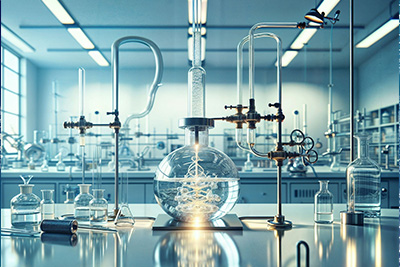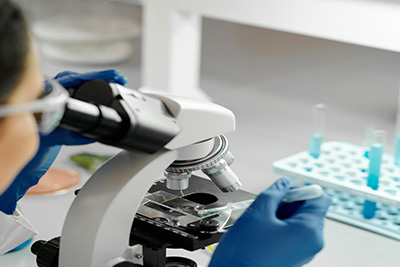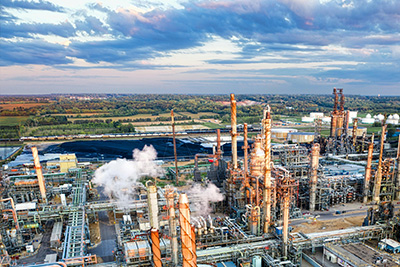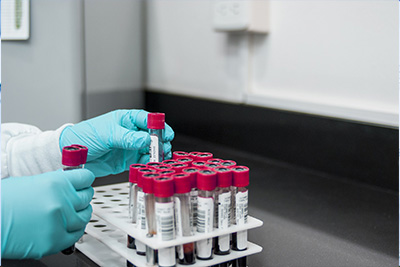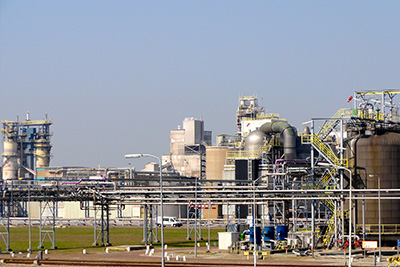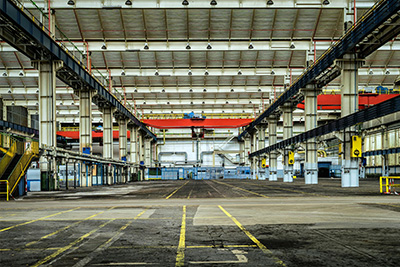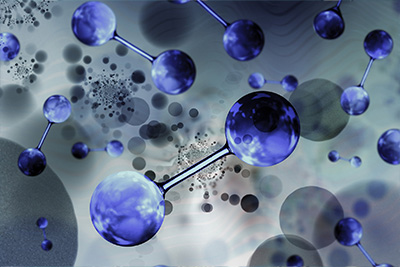-
![Dimethyltin in PVC···]() 2024-12-01 Dimethyltin in PVC Production: Optim···
2024-12-01 Dimethyltin in PVC Production: Optim···The article discusses the use of dimethyltin as a catalyst in the production of polyvinyl chloride (PVC) to enhance both yield and product quality. It explores how this chemical compound optimizes the polymerization process, leading to improved efficiency and better-quality final products. The study highlights the benefits of using dimethyltin in terms of economic and environmental impacts, emphasizing its role in achieving higher yields with reduced by-products.
read more > -
![Mercaptide Tin and···]() 2024-12-01 Mercaptide Tin and Its Role in PVC S···
2024-12-01 Mercaptide Tin and Its Role in PVC S···Mercaptide tin compounds play a crucial role in enhancing the thermal stability of PVC materials. These stabilizers work by capturing hydrogen chloride (HCl) released during the degradation process, thus preventing further decomposition of the polymer. Current production techniques involve complex chemical reactions to synthesize these organotin compounds, ensuring they possess optimal reactivity and compatibility with PVC. The efficiency of mercaptide tin as a stabilizer is closely linked to its molecular structure and the specific production method employed, highlighting the importance of continuous research and development in this field.
read more > -
![Sustainable Approa···]() 2024-12-01 Sustainable Approaches in Methyltin ···
2024-12-01 Sustainable Approaches in Methyltin ···This study explores sustainable manufacturing methods for methyltin and butyltin compounds, focusing on reducing environmental impact. It examines alternative raw materials, catalytic processes, and waste minimization techniques. The research aims to develop eco-friendly synthesis pathways that maintain efficiency while decreasing hazardous by-products and emissions. Key strategies include the use of biodegradable solvents, energy-efficient reactors, and recycling systems. This approach not only enhances sustainability but also improves the economic viability of tin compound production.
read more > -
![The Production Lif···]() 2024-12-01 The Production Lifecycle of Octyltin···
2024-12-01 The Production Lifecycle of Octyltin···The production lifecycle of octyltin compounds for industrial applications encompasses synthesis, purification, formulation, and utilization stages. Initially, these compounds are synthesized through reactions involving butyltin chlorides and olefins, followed by purification to meet specific quality standards. Formulation involves blending purified compounds with other additives or carriers to enhance their efficacy for various applications such as biocides, catalysts, and stabilizers in plastics. Their widespread use in industries like coatings, agriculture, and manufacturing underscores their versatility and importance. However, environmental and health concerns necessitate careful handling and disposal practices to mitigate potential risks.
read more > -
![Dimethyltin Stabil···]() 2024-12-01 Dimethyltin Stabilizers: Innovations···
2024-12-01 Dimethyltin Stabilizers: Innovations···Dimethyltin stabilizers have recently seen significant advancements in production techniques, enhancing their effectiveness in polymer stabilization. These compounds play a crucial role in improving the thermal stability and longevity of plastics, contributing to more sustainable manufacturing processes. Recent innovations focus on reducing environmental impact while maintaining high performance standards. Compliance with stringent environmental regulations is now achievable through optimized production methods, ensuring that dimethyltin stabilizers meet eco-friendly criteria without compromising quality or efficacy.
read more > -
![Mercaptide Tin Tec···]() 2024-12-01 Mercaptide Tin Technology in Polymer···
2024-12-01 Mercaptide Tin Technology in Polymer···The article explores the advancements and market trends of mercaptide tin technology in polymer processing. This technology offers enhanced thermal stability, improved catalytic efficiency, and reduced environmental impact compared to traditional tin compounds. Key applications include polyvinyl chloride (PVC) stabilization, where it demonstrates superior performance. The market for mercaptide tin stabilizers is growing due to stringent regulations on heavy metals and increasing demand for eco-friendly materials in various industries. Research and development efforts are focusing on optimizing formulations and expanding applications across different polymer types.
read more > -
![Butyltin Compounds···]() 2024-12-01 Butyltin Compounds in the PVC Indust···
2024-12-01 Butyltin Compounds in the PVC Indust···Butyltin compounds, widely utilized in the polyvinyl chloride (PVC) industry, play a crucial role in production processes and quality control. These compounds are employed as heat stabilizers and catalysts, enhancing the durability and performance of PVC products. The production processes involve complex chemical reactions to synthesize butyltin compounds from raw materials like tin and butyl derivatives. Quality control measures ensure the stability, purity, and effectiveness of these compounds, thereby maintaining the overall quality of PVC materials. Effective management of these compounds is essential for sustainable and high-quality PVC manufacturing.
read more > -
![The Future of Meth···]() 2024-12-01 The Future of Methyltin Production: ···
2024-12-01 The Future of Methyltin Production: ···The future of methyltin production is marked by evolving industry trends and technological shifts. Key advancements include the adoption of greener synthesis methods to reduce environmental impact, the development of novel catalysts for improved efficiency, and increased automation in manufacturing processes. These changes aim to enhance product quality while ensuring safety and compliance with stringent regulatory standards. As the industry evolves, there is a growing emphasis on sustainability and innovation, driving companies to invest in research and development to stay competitive.
read more > -
![Optimizing Octylti···]() 2024-12-01 Optimizing Octyltin Production for E···
2024-12-01 Optimizing Octyltin Production for E···The production of octyltin compounds is crucial for enhancing the thermal stability of polyvinyl chloride (PVC). This study focuses on optimizing the synthesis process to improve the efficiency and effectiveness of these stabilizers. By adjusting reaction parameters such as temperature, catalyst concentration, and reaction time, the yield and quality of octyltin compounds can be significantly enhanced. These optimized octyltin stabilizers effectively prevent degradation of PVC during processing and prolonged use, thereby extending the lifespan and improving the performance of PVC products.
read more >


